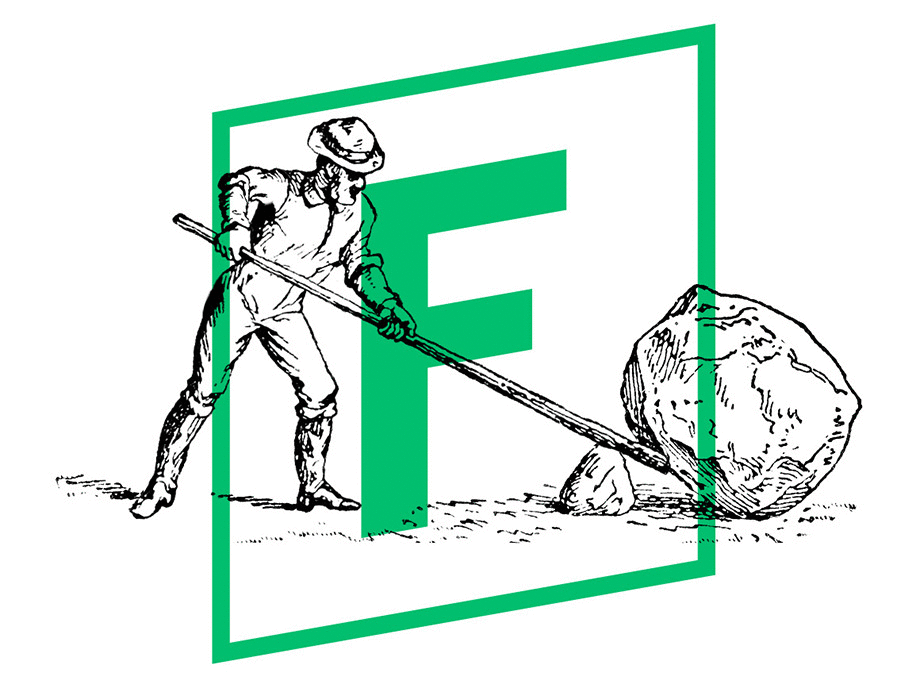
Low stakes training? Is there such a thing?
In an environment where companies need to find and leverage every possible competitive advantage to thrive, is there such a thing as low-stakes training? Is this undervalued area really an opportunity to gain a competitive edge by improving performance, compliance, recruitment, retention, job satisfaction and safety (think workplace injuries)?
Where to begin – how to turn training into a differentiating factor
Here’s a little secret that every L&D professional knows – not all training receives the same emphasis or energy. For example, organizations have typically viewed mandatory compliance training programs as low-stakes, low-effort endeavors. In fact, L&D often sees them as an obligation – not something that is mission critical. That’s why most L&D departments have been satisfied with a simple “check-the-box” approach where the end goal was completion (rather than buy in, behavior change and/or cultural transformation).
It’s no surprise that, according to a Brandon Hall Group study, only about one-third of companies consider their compliance training efforts to be effective and only 40% of companies say they are thoroughly prepared for an audit by an external agency. Perhaps that’s why we see so many examples of compliance training gone wrong. From costly cyber security failures and ethics violations to sexual harassment and workplace safety fiascos, a lackluster approach to compliance training creates potential workplace time bombs and PR nightmares at the same time it’s forcing you to leave substantial gains and competitive advantages on the table.
Low-stakes training? Is there such a thing?
We think a great deal of what’s traditionally been considered “low-stakes” training is a strategic opportunity. And the industry seems to agree. They’re seizing these once-overlooked opportunities and gaining advantages. According to a recent article in Training Magazine:
“A strong commitment to compliance translates into a better, safer workplace where people are better at their jobs. It also can make a company stand out as an employer of choice by creating a better work environment, demonstrating that the employees’ health and well-being are important, or even making the company known for ‘doing the right thing.’”
And with our clients, we’ve seen how putting a greater emphasis on compliance training has led to some pretty significant outcomes, like:
- Demonstrable mastery of compliance information (an average mastery score of 96/100)
- Reduction in Errors – almost a 60% reduction in employee-caused damages to equipment
- Cultural shift in the perception of compliance training by the organization
Luckily, the marketplace is full of training technologies that can actually help organizations move the needle on competency and behavior change. While not every type of training needs the rigor of a personalized, adaptive approach, like our platform, “low stakes” compliance training could certainly benefit from a fresh look.
For more information about how Fulcrum Labs has helped its partners transform their low-stakes training (such as compliance training) to improve the skills of their workforces and improve their bottom-line, check out the work we’ve done with Allegiant Air or contact us to set up a quick demo.
